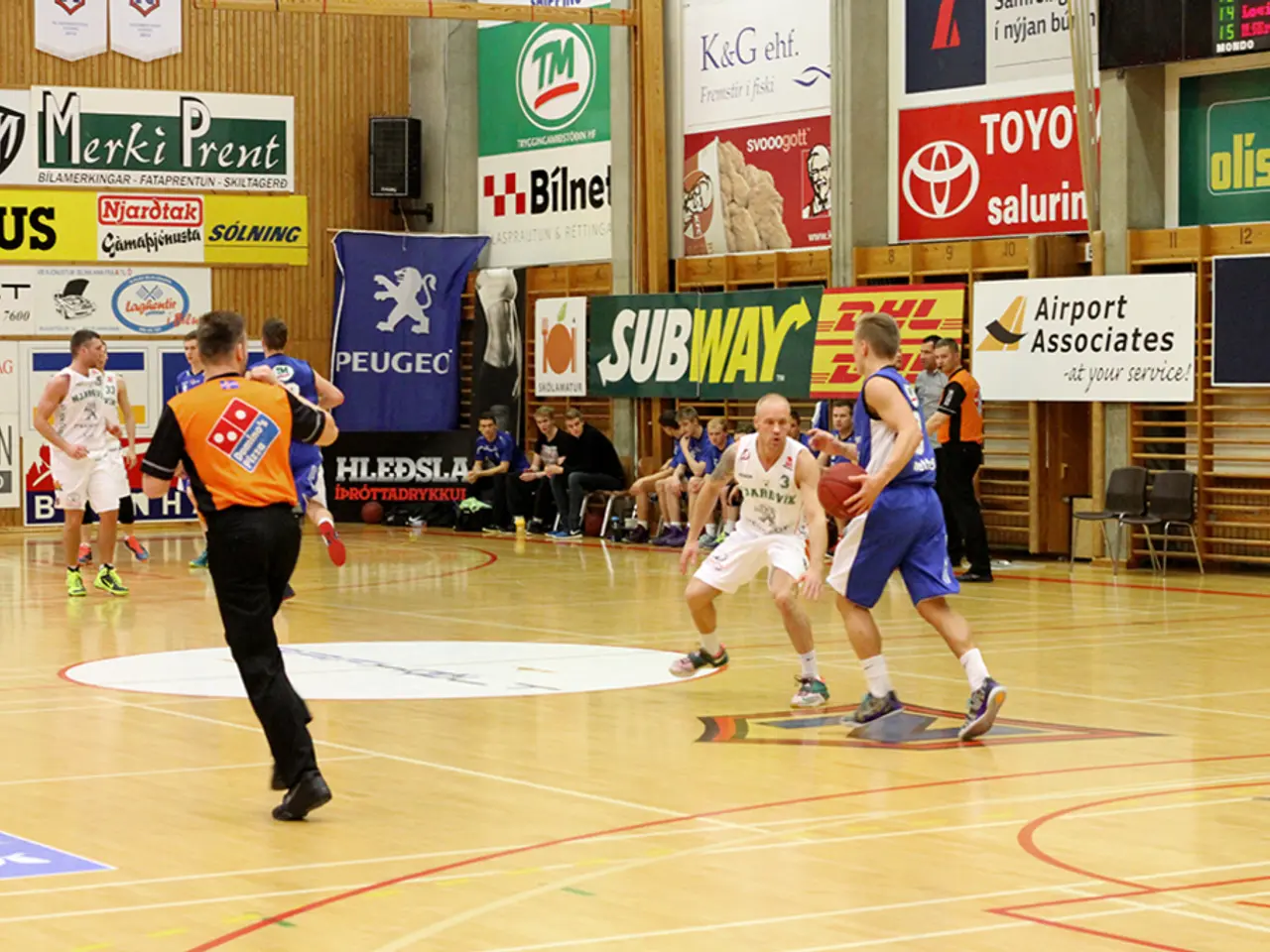Potential Consequences for New Jersey in the Event of a Loss in the Supreme Court Sports Betting Case
The Professional and Amateur Sports Protection Act (PASPA), a law enacted in 1992 that prohibited states from authorising sports betting, has been widely criticised for its outdated nature and ineffectiveness in stamping out sports betting. If the Supreme Court upholds PASPA, it could lead to renewed federal efforts to enforce or expand restrictions on sports betting, potentially slowing down the recent rapid expansion of state-sanctioned sports betting.
Congress might take legislative steps to enforce PASPA strictly, limiting states' regulatory autonomy. This could include criminal penalties, regulatory oversight, or tax policies discouraging betting. The outcome would contrast sharply with the current mostly state-regulated sports betting environment established after PASPA’s 2018 invalidation.
If PASPA remains valid, the sports leagues, particularly the NBA and MLB, are likely to push for their preferred legislation. This would grant them a "betting right and integrity fee" of 1 percent on all sports bets in every state, as well as the right to control sportsbook data. Opponents of this fee view it as greed and contrary to the desire to shift the black market into legal markets.
The GAME Act, proposed by New Jersey Representative Frank Pallone, is currently the starting point for a possible federal framework on sports betting. The Act would allow states to offer legal sports betting and online sports wagering. The key to the passage of the GAME Act or a like-minded bill lies in educating members of Congress about gaming, a complex issue.
The American Gaming Association (AGA) is working to facilitate relations between the gaming world and the leagues. If the House of Representatives turns blue in the November midterm elections, Pallone, who is in wait-and-see about SCOTUS at this time, would become chairman of the Energy and Commerce Committee, thus wielding a lot of power over hearings and attention on the GAME Act or a like-minded bill.
The optimism for this ruling stems from the overall tenor of oral argument in Murphy v NCAA that seemed to favour the state's position against the sports leagues. The United States Supreme Court is expected to rule in favour of New Jersey and eliminate the 1992 law banning full-fledged sports wagering outside Nevada before its term in June.
If PASPA falls, numerous domestic and foreign companies, state lawmakers, racetrack and casino owners, sports betting enthusiasts, and others will collectively breathe a sigh of relief. The more alignment with stakeholders involved in sports betting, the better off everyone will be, according to Sara Slane, Senior Vice President of Public Affairs at the AGA.
Mississippi may be among the first movers in a post-PASPA world, having altered its state constitution in 2017 to effectively permit sports betting. Nevada, whose sports betting framework was grandfathered in by PASPA, grants the leagues neither of these things. Pennsylvania made it legal in the fall of 2017.
The NBA and MLB, among other sports leagues, have publicly recognised legal sports betting in the United States as an inevitability. The more rapid the transition to legal sports betting, the faster the black market can be controlled and revenue generated for the states and the leagues. The AGA's President Geoff Freeman stated that the fastest way to bring sports betting to market is through a partnership.
In a post-PASPA world, the sports leagues would likely smile, having absorbed only the expense of legal fees and roughly six months of bankrolling a lobbying effort spanning more than 20 states to promote their preferred sports betting legislation. However, if PASPA stands, they would collectively groan, facing continued legal battles and the slow progress of state-led legalization efforts.
- If the Supreme Court overturns PASPA, sports betting enthusiasts and various stakeholders, including domestic and foreign companies, would collectively breathe a sigh of relief, as it would lead to a more aligned and controlled environment.
- The GAME Act, proposed by New Jersey Representative Frank Pallone, could serve as a starting point for a federal framework on sports betting, allowing states to offer legal sports betting and online sports wagering.
- In a post-PASPA world, sports leagues like the NBA and MLB, having acknowledged legal sports betting as an inevitability, would potentially benefit from a faster transition to legal sports betting, which could control the black market and generate revenue for the states and the leagues.
- If PASPA remains valid, sports leagues might still collectively groan, facing continued legal battles and slow progress towards state-led legalization efforts, potentially incurring more legal fees and time spent on lobbying efforts.








